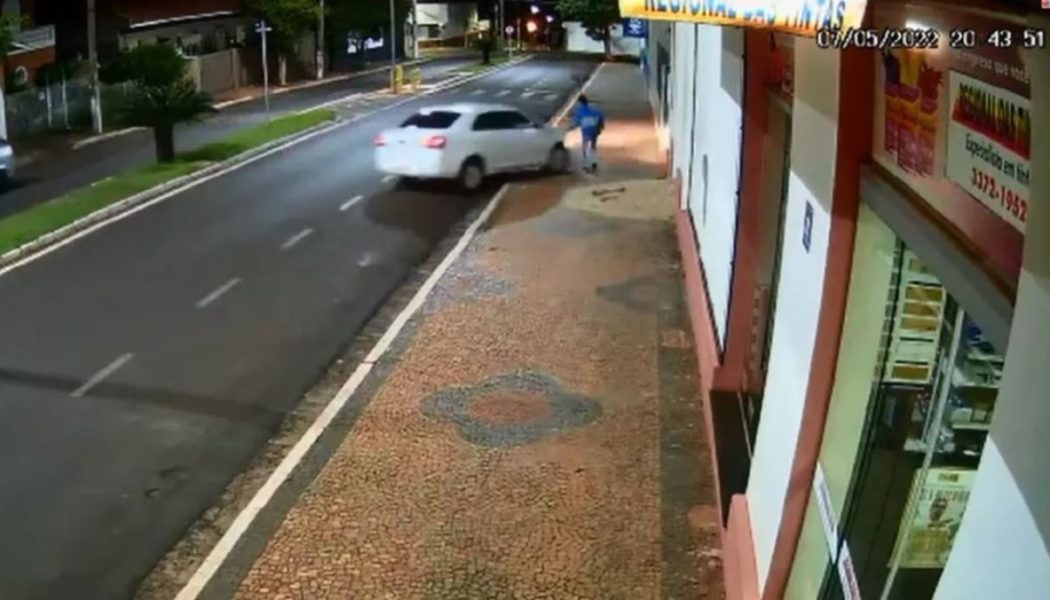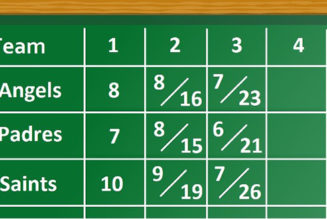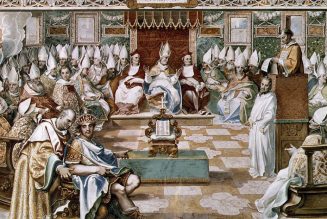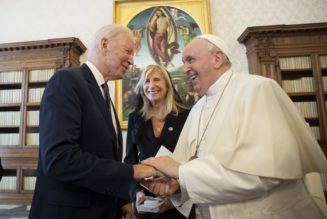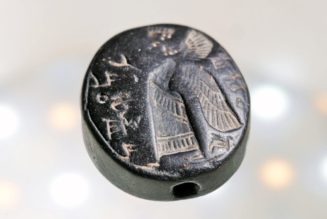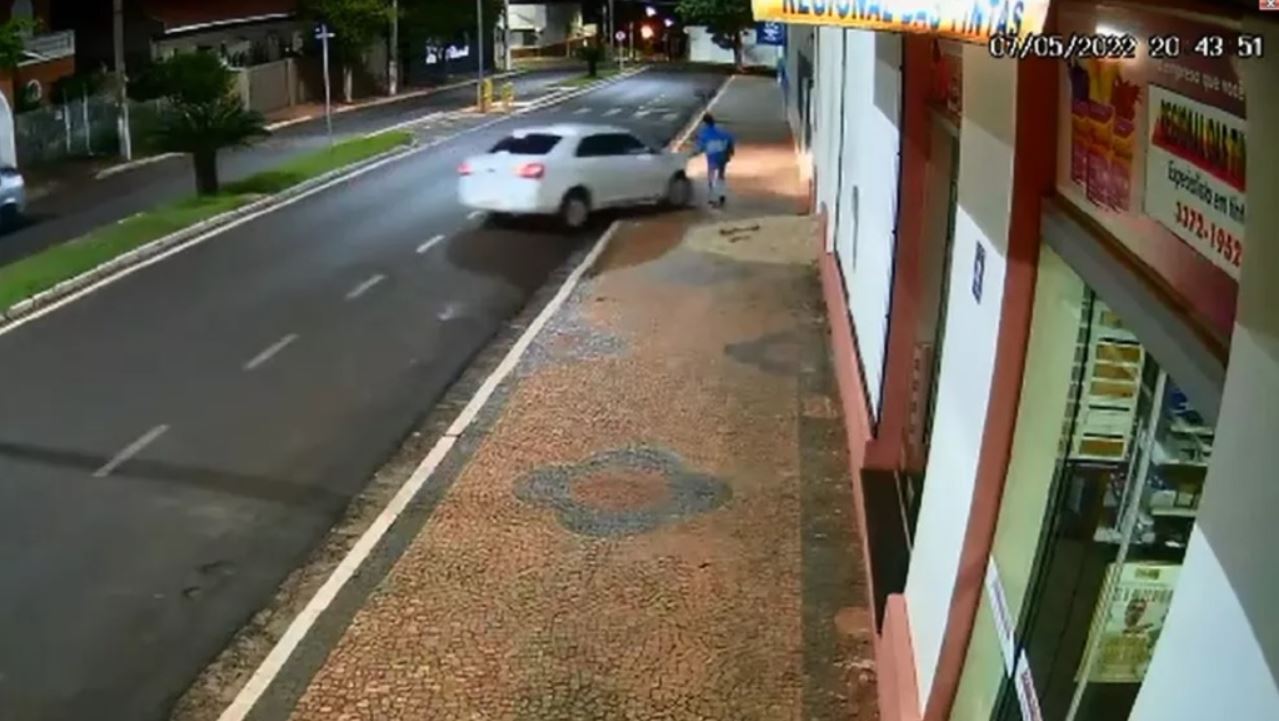
|
Listen to this story: |
In Brazil, a suspect in a burglary, who was hit by a priest’s car in May, died from the consequences of the collision on July 27.
Forty-one-year-old Ângelo Nogueira, a drug user, allegedly stole about $7.50 in coins from a rectory on May 5. On May 7, he broke into the house again and took three sweaters and a T-shirt.
He was spotted by Father Gustavo dos Santos shortly after he left the place, in the city of Santa Cruz do Rio Pardo, in São Paulo State.
Security video showed that the priest’s car chased Nogueira and struck him at the entrance of a parking lot. The car is then seen leaving the area immediately after the incident, with no aid provided to the victim.
Nogueira was hospitalized on a handful of occasions due to the consequences of the collision. According to a report published by the Brazilian news website G1, he had a severe loss of muscle mass, his communication ability was impaired, and he began to use diapers.
During the last few weeks, his condition rapidly deteriorated and he had to be taken to an intensive care unit.
In a hearing with a police deputy on June 9, dos Santos denied that he hit the thief, alleging that Nogueira “jumped on the car hood” as he approached him in order to intercept him.
Dos Santos also told the police that he shouted at Nogueira several times, ordering him to stop running. His window was closed but his passenger’s window was partially open, he argued.
He was asked why he left without rendering help to the victim, and replied that he feared a reaction from Nogueira and had to protect his life and the life of his passenger.
Dos Santos was charged with aggravated attempted homicide on June 17. Now that Nogueira has died, the charge may be converted to aggravated homicide.
The Diocese of Ourinhos has suspended the priest, who is a member of the Dominican order.
In addition to criminal charges, dos Santos could also face ecclesiastical sanction.
According to lawyer Victor Naves, who is pursuing a master’s degree in canon law at the Pontifical Gregorian University of Rome, punishment from the church could range from suspension from a certain position or office to the priest’s complete dismissal.
He explained that the ecclesiastical lawsuit against dos Santos depends on the civil process.
“If the [civil] judiciary rules that the priest perpetrated homicide, he can lose his clerical status. But it all depends on the police inquiry and on the justice’s decision,” Naves, who is also a director of the Union of Catholic Jurists of the Archdiocese of Goiânia, told Crux.
Nogueira’s death sparked a strong reaction from some of dos Santos’s Dominican colleagues.
On July 27, the Dominican Justice and Peace Commission released a public letter about the case, expressing its “solidarity to the family” of Nogueira, who died as “a result of the criminal hit-and-run provoked by Friar Gustavo Trindade dos Santos,” the document said.
The authors lamented that a priest educated by the Dominicans decided to “take the law into his hands, opposing Jesus of Nazareth’s teachings.”
“Such a tragedy obscures even more the shadowy moment of our country and is shameful for the church as a whole […],” the letter reads.
The statement added that dos Santos’s crime is an additional sign of the “hatred that is now part of the daily lives of many in society, who naturalized ideas connected to ‘social hygiene’ which lead to violence and death […].”
“As defenders of life and of human dignity, we vehemently repudiate what happened and hope that the person accountable for that tragedy takes full responsibility before justice,” the letter concluded.
Yet on Aug. 1, Father André Tavares, dos Santos’s direct superior and the provincial of the Dominican order, distanced himself from that criticism. He issued a statement insisting that the Dominican Justice and Peace Commission is “administered according to its own rules and is accountable for its own acts and declarations.”
The province and the commission are not the same thing, he added, affirming that “the provincial was not consulted about the content and the publication of [the commission’s] statement.”
“The Order and the Province also share, obviously, the same aspiration for justice. But under the rule of law no decision may be taken before the end of the due process, carried out by the adequate authorities,” the letter affirmed, adding that “the province does not agree with the anticipated judgements that appear in the commission’s letter.”
Join Our Telegram Group : Salvation & Prosperity
